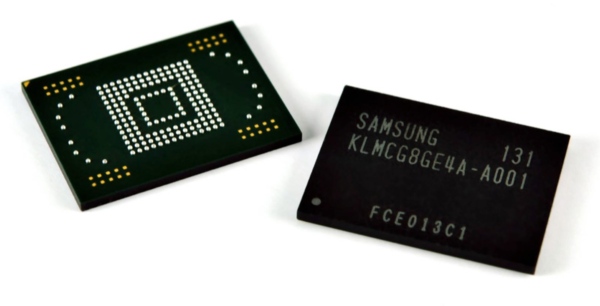Affiliate links on Android Authority may earn us a commission. Learn more.
Samsung to start mass-producing 2 GB RAM chips for smartphones and tablets

We’ve had devices with 1 GB of RAM since around late 2010, and, even though Android is pretty good at managing memory (by killing the applications that you didn’t use in a while, so it frees up memory), it still feels like device memory has been pretty stagnant lately. At the same time, the CPU market went crazy, jumping from single core, sub 1GHz chips to the quad-core powerhouses of today.
Several developers from CyanogenMod and Sony have told us that Android 4.0 needs at least 512 MB of RAM, so with that in mind, the 1 GB of RAM spec doesn’t seem too future proof in my opinion. But that’s not all. With quad core Cortex A9 processors and dual core next-gen processors like the S4, the RAM bandwidth might start to become a bottleneck, too.
This is why Samsung, who is the dominant player in the mobile RAM market, is now announcing that their 20nm-made 2 GB LPDDR2-1066 memory chip will soon start appearing in high-end phones and tablets, and they will become mainstream by the end of 2013. Samsung says that this memory chip will have double the bandwidth — 4 Gbit compared to 2 Gbit before — and will only use as much energy as the older memory chips, even though it’s now twice as fast and slimmer (more space for phone manufacturers).
It’s possible that this 2 GB RAM chip will be found inside the Optimus LTE2 and the DoCoMo Galaxy S3 model, and something tells me that most, if not all, of the Nexus flagships launching this fall will have it, too. I was hoping that the LPDDR3-1600 chip would start showing up in devices this year, but as long as this memory chip can handle the most powerful ARM SoCs of this year, then the name of the chip doesn’t really matter.
PS: Possibly related to yesterday’s announcement, Samsung has recently launched a funny online campaign to promote its memory products.